A Message from RRI President, Solange Bandiaky-Badji
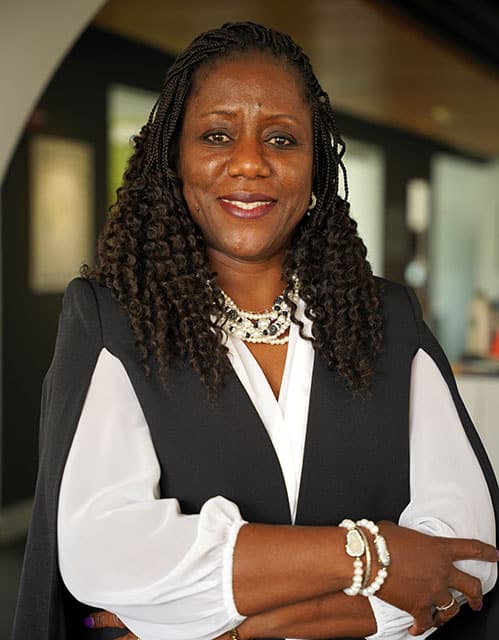
Dear Friends,
I am delighted to share with you RRI’s 2022 annual report—a brief snapshot of our achievements from this past year.
Globally, we saw significant developments in 2022, marked by a continued increase in recognition for the role played by Indigenous Peoples (IPs), local communities (LCs) and Afro-descendant Peoples (ADPs) in climate and conservation action. Donors and philanthropies formalized new funding commitments for these groups and proponents of voluntary carbon markets created “high integrity” frameworks to safeguard human rights.
This report gives a snapshot of just some of our coalition’s pivotal successes that give us hope and vigor, particularly as we embark upon our new 5-year Strategic Program. These achievements reinforce our promise to radically accelerate progress toward a more just, equitable, and sustainable future.
Our Mission
Securing Indigenous, community, and Afro-descendant land rights—including the rights of the women within these groups—is vital to both staving off the climate crisis and achieving sustainable development. It’s also a human rights imperative. Rights and Resources Initiative (RRI) is a global coalition of more than 150 rightsholder organizations and their allies dedicated to advancing the land and resource rights of local peoples—informed and driven by Indigenous Peoples, Afro-descendant Peoples, and local communities themselves.
Our mission is to provide support against the marginalization of these communities and for their sustainable, self-determined development. We do this by promoting greater global commitment and action towards policy, market, and legal reforms that secure their rights to own, control, and benefit from natural resources, especially land and forests.
To advance this mission, we have three global goals:
How We Deliver
Partnerships
projects funded through the Strategic Response Mechanism, worth US$971,959
Countries
Collaborators
Partners
Donors
Current & Past Project Locations

Africa
Burkina Faso
Cameroon
Central African Republic
Democratic Republic of the Congo
Gabon
Ghana
Guinea
Kenya
Liberia
Madagascar
Malawi
Mali
Nigeria
Senegal
South Africa
Tanzania
Togo
Uganda
Asia
Cambodia
China
India
Indonesia
Lao PDR
Myanmar
Nepal
Philippines
Thailand
Latin America
Belize
Bolivia
Brazil
Colombia
Costa Rica
Ecuador
Guatemala
Honduras
Mexico
Nicaragua
Panama
Peru
Suriname
Rights and Resources Group (RRG) Staff
Knowledge
Objectives
Building the Evidence Base
RRI makes the case for rights recognition and provides a global baseline from which to measure and instigate progress.
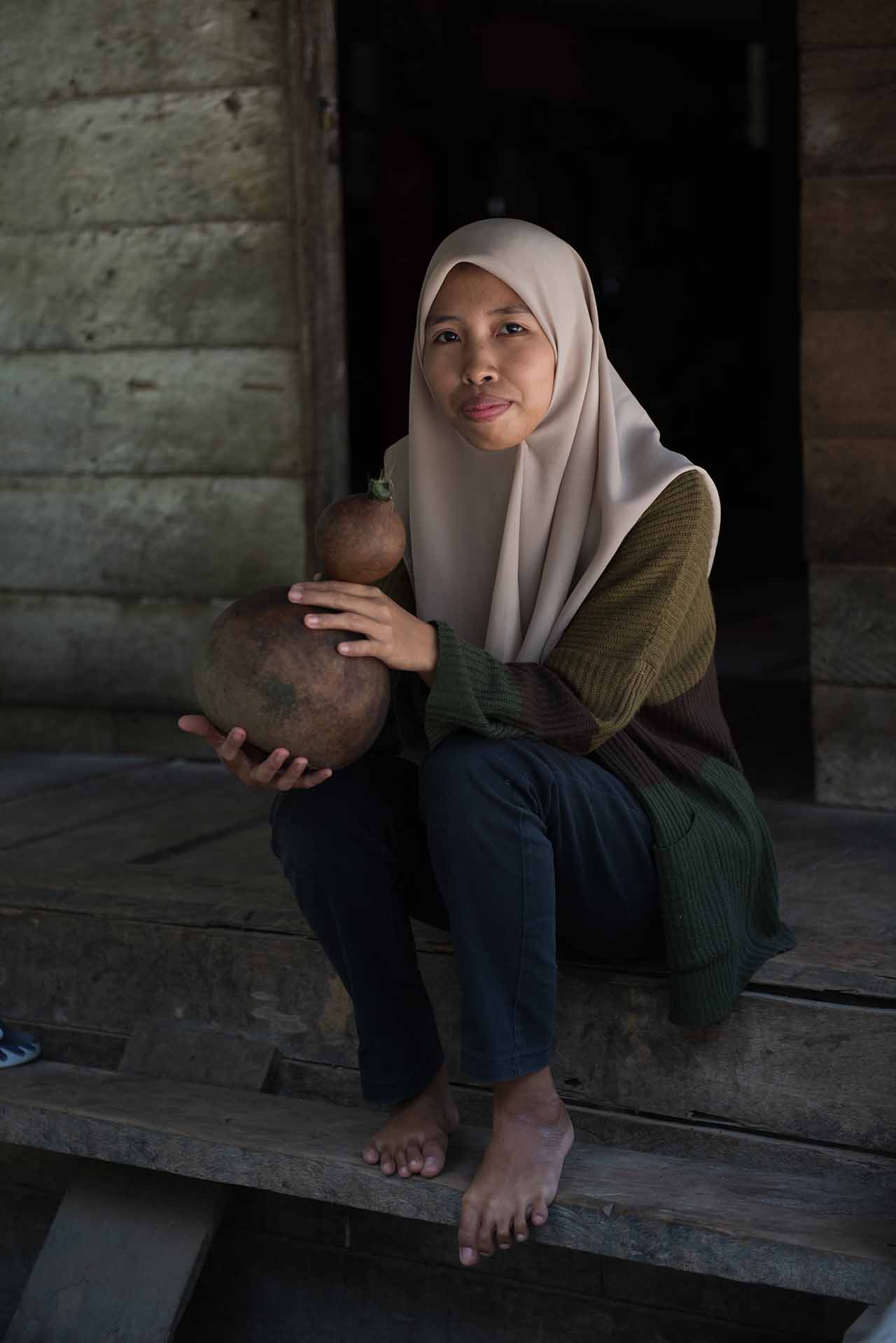
Rapid Response Funding
RRI provides rapid response financial support for Indigenous Peoples, Afro-descendant Peoples, and local communities to take advantage of unforeseen opportunities to engage with key stakeholders, push for key reforms, and/or pilot innovative ideas.
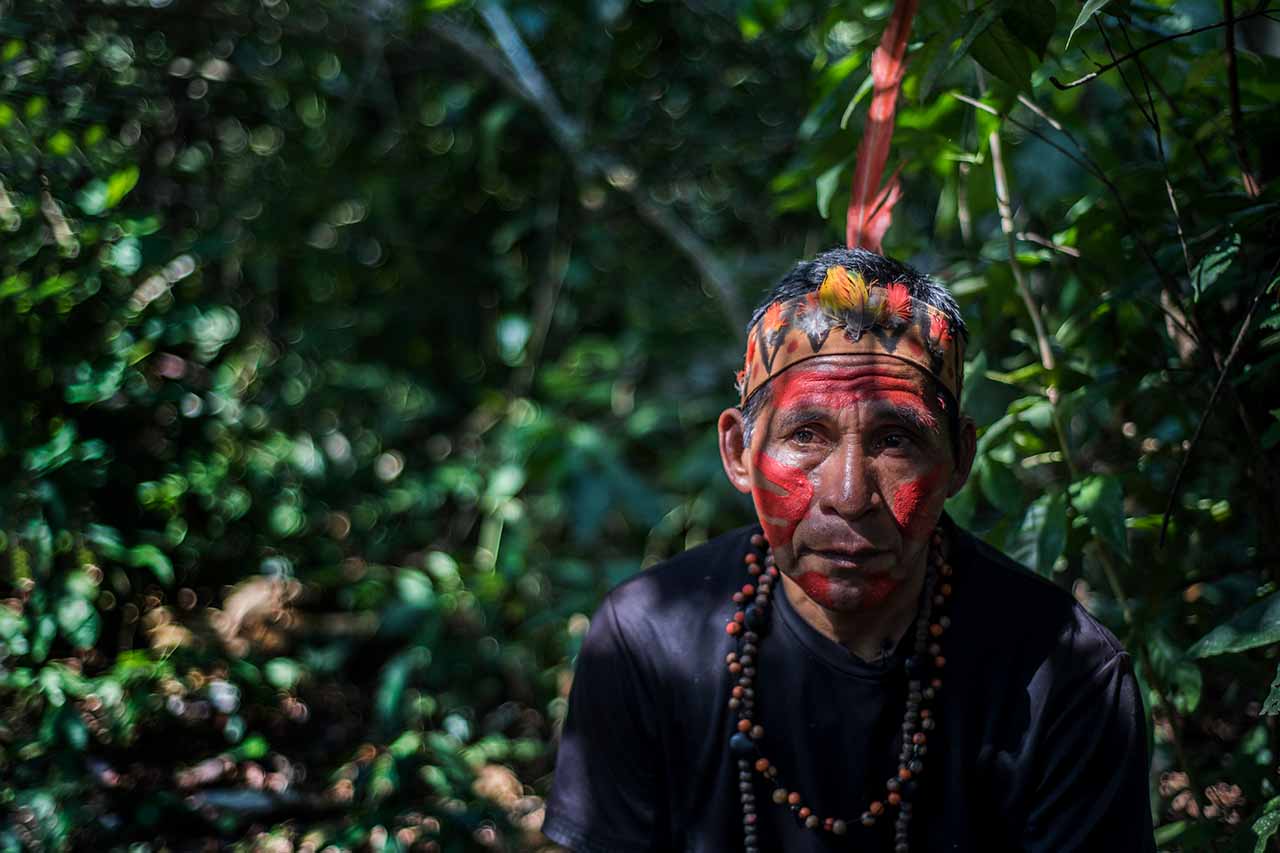
Country-level Engagement
RRI helps create an enabling environment for tenure reform by responding to priorities identified annually by Indigenous Peoples, local communities, and Afro-descendant Peoples, enhancing collaboration around crucial reform processes; providing the latest research in accessible formats for advocates; and linking local-level work to key national and international development and climate processes.
Innovation and Incubation
RRI creates institutions, initiatives, and tools that fill gaps in the ecosystem of existing efforts to recognize community land rights. These include: MegaFlorestais, The Interlaken Group, the Tenure Facility, Land Rights Now, and Landmark.
Connecting and Convening Unlikely Allies
By creating spaces and opportunities for stakeholders to come together, RRI creates credible pathways for diverse constituents to agree on and implement sustainable development solutions that fully respect the rights of Indigenous Peoples, Afro-descendant Peoples, and local communities.
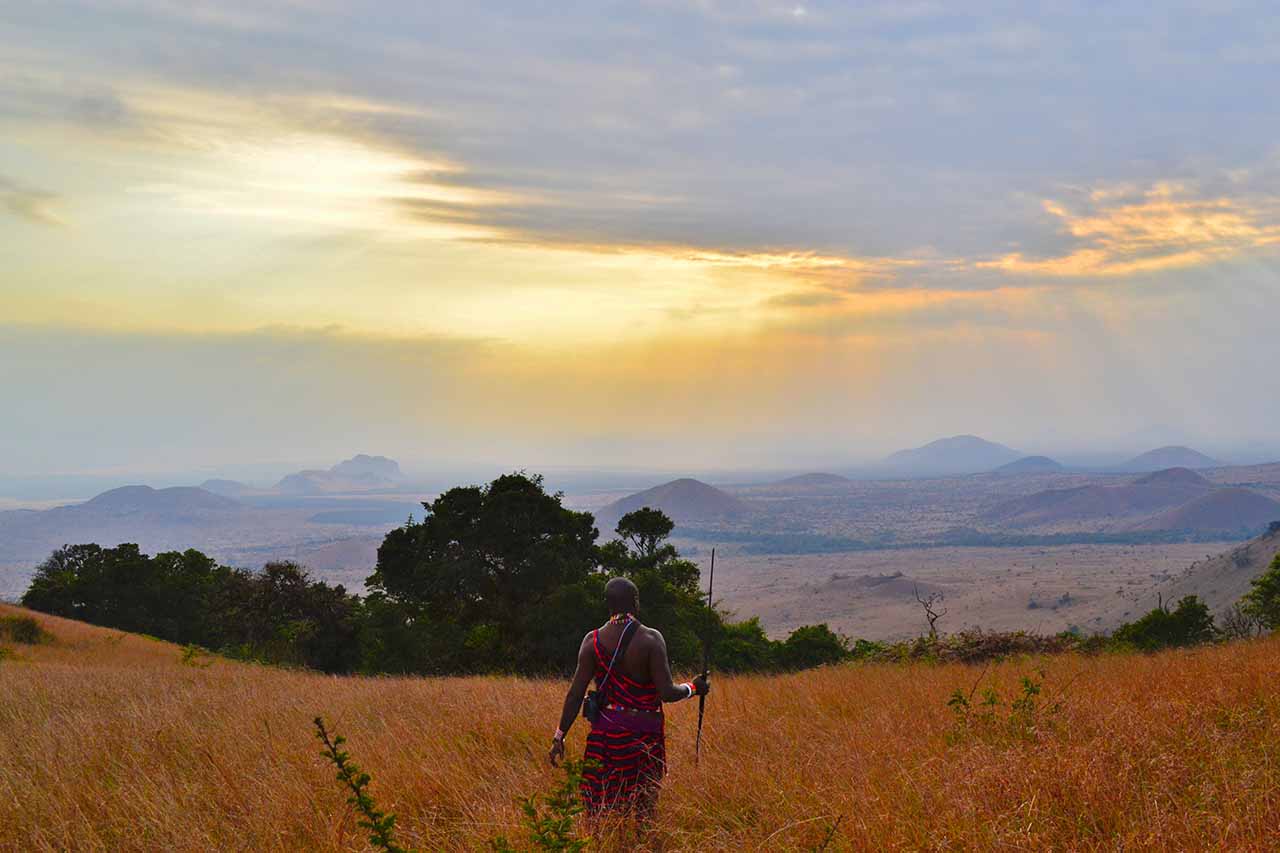
From Darkness to Blue Skies: A Coalition Listening Exercise
Over the course of 2022, RRI commissioned in-depth interviews with one hundred leaders of grassroots networks in 22 countries—men, women, and youth among Indigenous Peoples, local communities, and Afro-descendant Peoples—about their hopes, dreams, and fears for the future. The interviews used the “Blue Skies” thinking approach, which is a freeform space for brainstorming and new ideas. We encouraged participants to be open-minded and to think beyond day-to-day concerns. We sought clarity on what they want the world to be like in 2030 and beyond, how such a world could be brought into being, and their worries about their paths to get there. The leaders we interviewed expressed diverse views but shared at least one universal vision. In a “blue skies” world, their communities would have secure rights to their communal lands, forests, and territories; including the rights to govern these areas and exercise control over who lives there and uses their resources. Four key themes emerged in these conversations:
- The need for a new generation of foundational leaders
- The freedom to live with dignity and rights
- Embracing technology to create new narratives
- The creation of a new Indigenous model of economy
Regional Achievements
Regions
Africa
Regions
Asia
Regions
Latin America
Thematic Work
Metrics
Communications and Outreach
Downloads 8 Languages
Readership 66% 3 Languages
Viewership 4 Languages
* Includes USD $200 paid promotion.
** In 2021, we conducted a paid promotional campaign for the publication Whose Water? which drew an additional 45,064 people to the website. Without a similar paid campaign in 2022, the website saw a net decrease of 5.23% in traffic. If this paid campaign is excluded from the data, total organic traffic to RRI’s website in 2022 increased by 15.11%.
Highest Reaching Content
Publications
Blogs and Press Releases
Events and Initiatives
Videos
Financial Highlights
Donor Information
Over $10 million
- Bezos Earth Fund, Tropical Andes
- Bezos Earth Fund, Congo Basin
- Chicago Community Foundation
$1 million — $9.99 million
- Swedish International Development Cooperation Agency (SIDA)
- Federal Ministry for Economic Cooperation and Development (BMZ)
- Ford Foundation
- Quadrature
- Skoll Foundation
- Yellow Chair Foundation
$20,000 — $999,999
- The Sobrato Organization
- Climate and Land Use Alliance (CLUA)
- Milkywire
- The SED Fund
- The German Agency for International Cooperation (GIZ)
- Montréal International
- Wellspring Philanthropic Fund
- Christensen Fund
- Gordon and Betty Moore Foundation
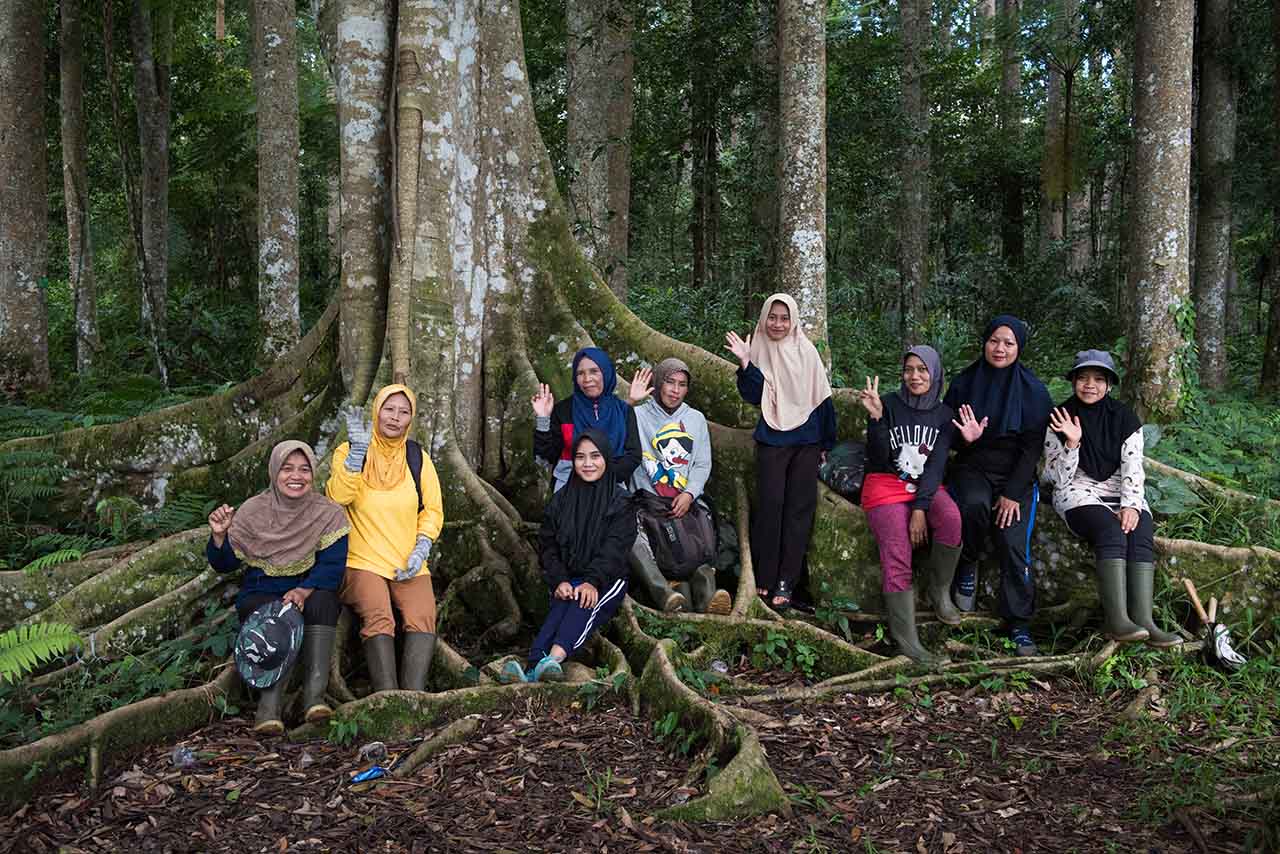

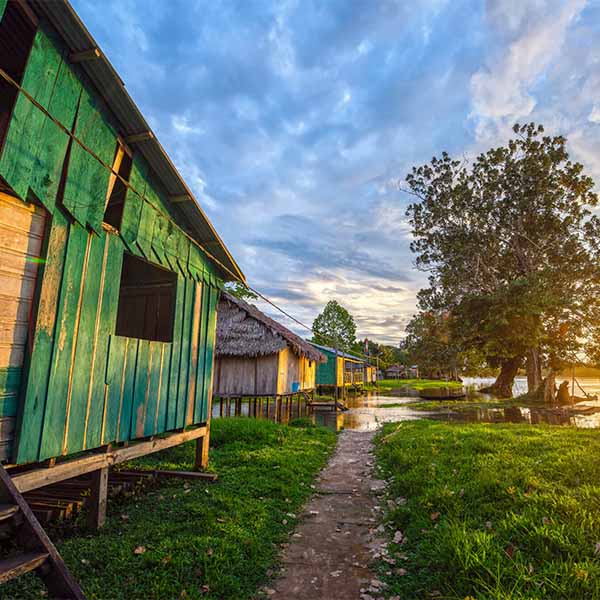
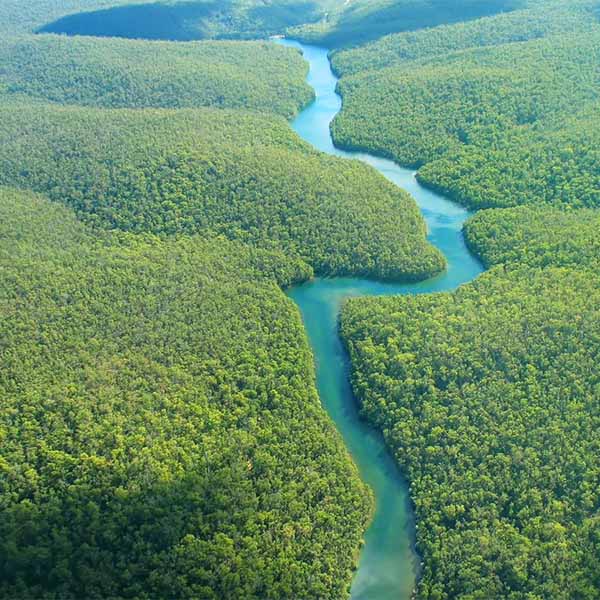
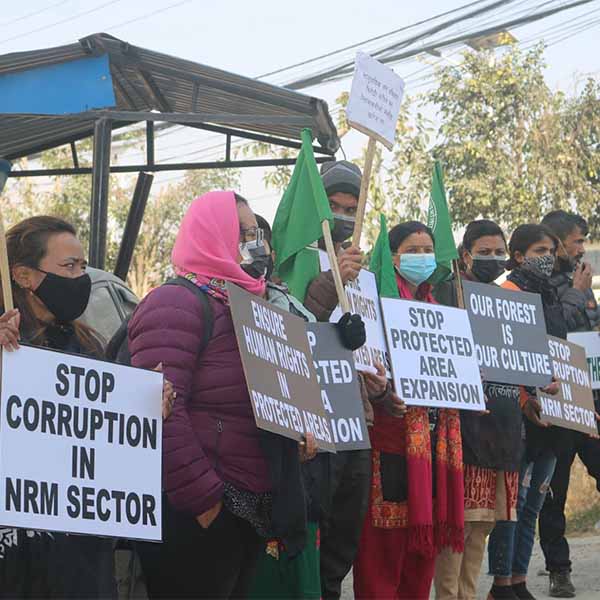
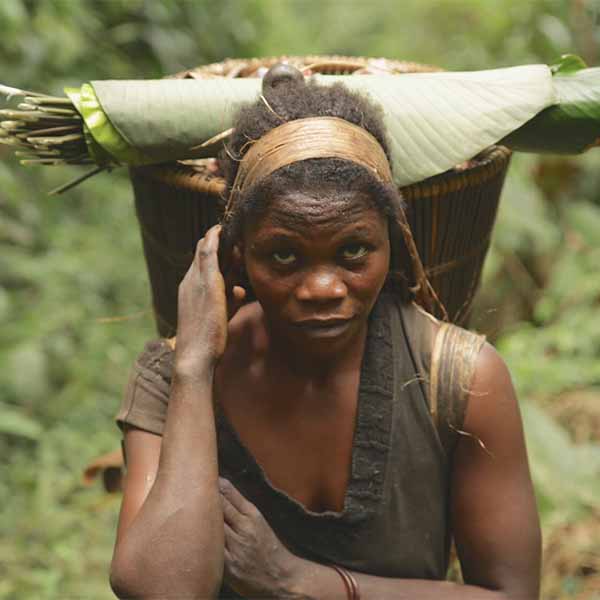


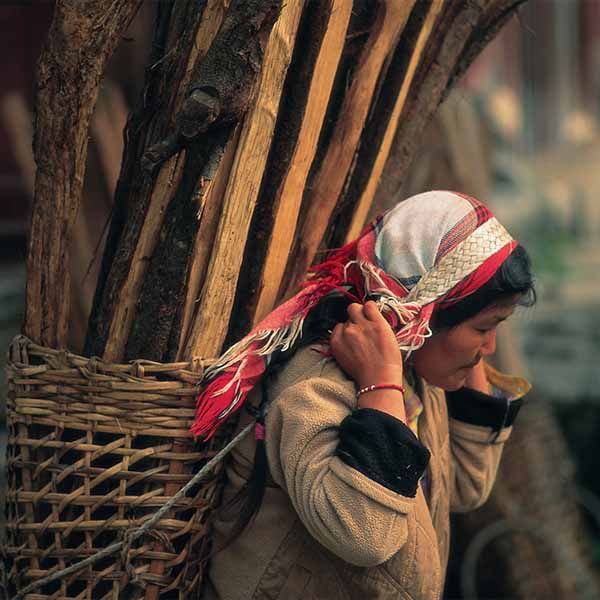
Social Media and Web